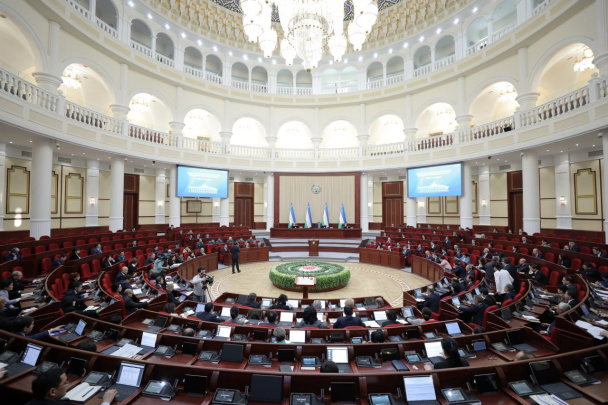The amendments to the Law "On the Legal Status of Foreign Citizens and Stateless Persons in the Republic of Uzbekistan" establish grounds for barring or deporting individuals who undermine Uzbekistan's sovereignty, territorial integrity, or security. This includes actions or statements inciting interethnic, social, racial, or religious discord or disrespecting the dignity, history, or traditions of the Uzbek people.
Key provisions of the law
- Criteria for inclusion in the registry
- Foreign nationals or stateless persons engaging in activities deemed harmful to Uzbekistan’s interests will be added to a special registry managed by the Ministry of Foreign Affairs. The decision to include individuals in this list will be based on recommendations from the Legislative Chamber, Senate Councils, or designated state bodies.
- Restrictions imposed
- Those listed in the registry will face various restrictions, including a ban on:
- Entering Uzbekistan.
- Opening bank accounts in the country.
- Purchasing real estate or participating in the privatization of state property.
- Entering into financial or contractual agreements, except for selling property they already own.
- Five-year term and extension
- Inclusion in the registry lasts for five years and may be extended if the grounds for listing remain unaddressed. Removal from the registry can occur earlier upon resolving the cited issues or by appeal through relevant state bodies.
- Deportation and voluntary departure
- Individuals on the registry who are temporarily or permanently residing in Uzbekistan must leave the country within ten days of notification. Failure to comply will result in deportation, a process overseen by law enforcement and other authorized agencies. Deportation expenses are generally borne by the individuals or the entities that invited them, with some exceptions.
- Exemptions
- Minors with a legal guardian residing in Uzbekistan and those facing ongoing judicial or administrative processes are not subject to deportation until due processes are completed.
Implementation timeline
The Cabinet of Ministers has been tasked with finalizing procedural details for maintaining and enforcing the registry within one month. The law became effective immediately upon its official publication.






